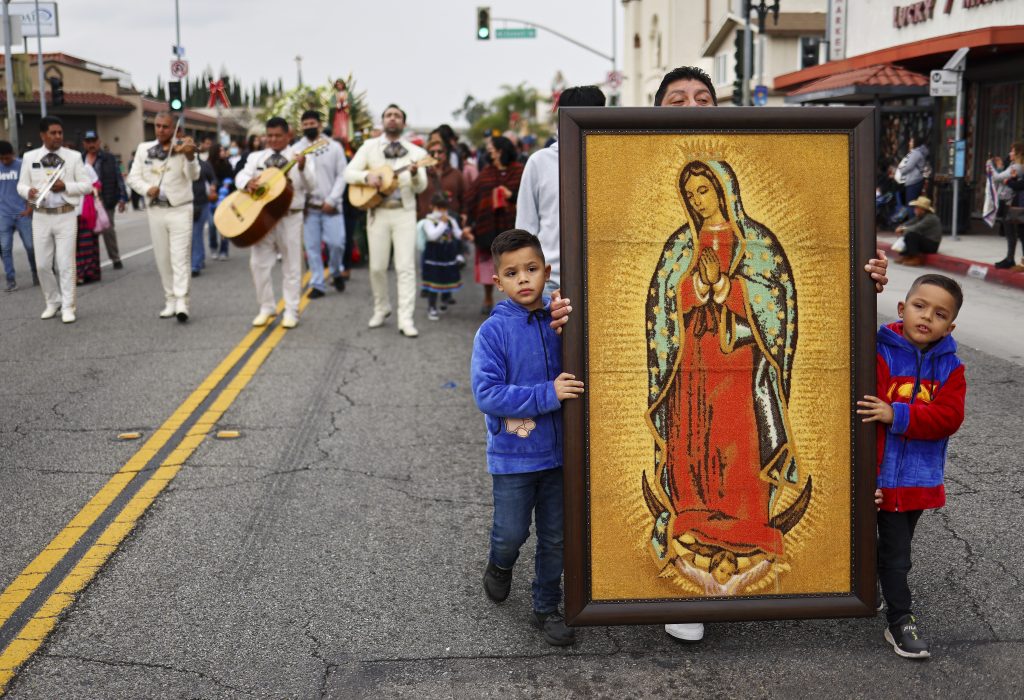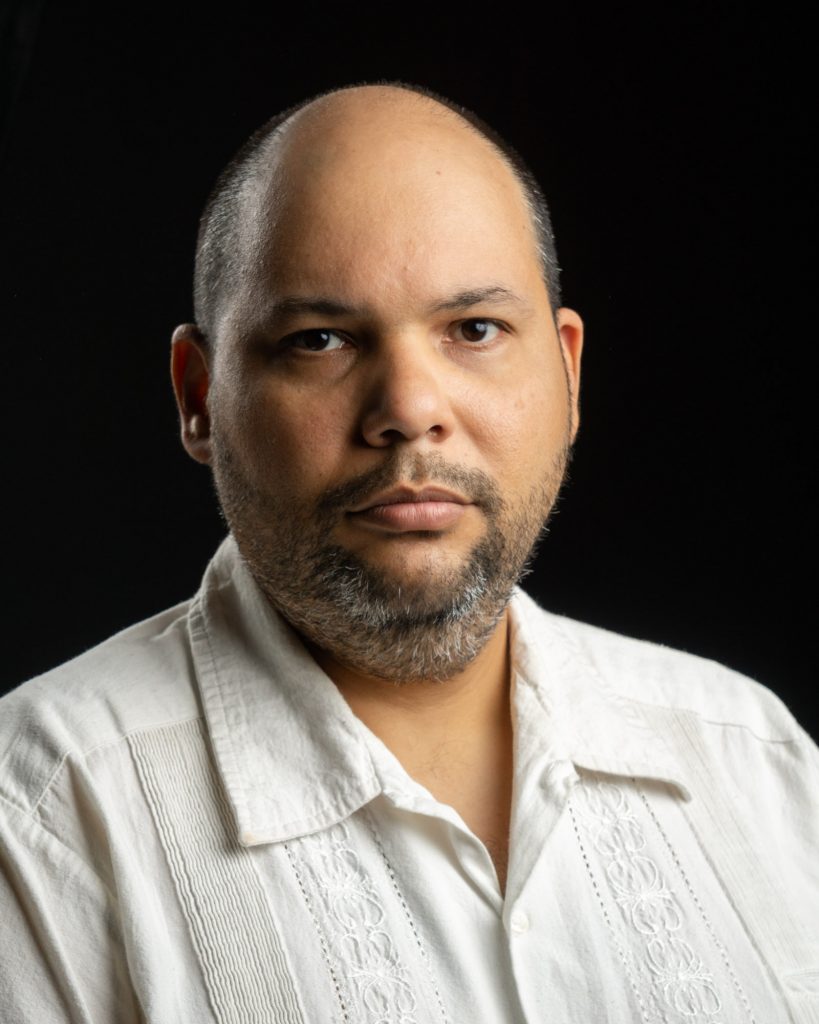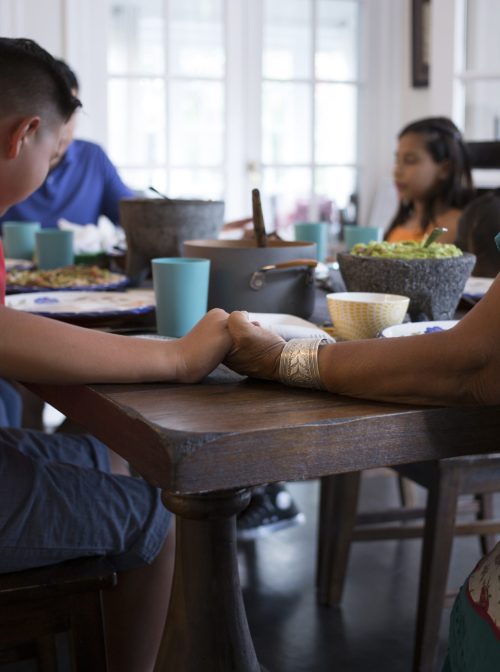The old cliché states that “Latinxs are not a monolith.” This adage is often used in politics to explain the voting patterns of the various national-origin groups that constitute the larger Latinx community. The phrase is also used to explain how Latinx politics also vary depending on other demographic aspects such as language usage or whether one is an immigrant, the child of immigrants, or with long-term ties in the U.S. The phrase also applies to religion.
As various surveys have found for a decade or so, most recently by the Pew Research Center, there is no religious majority in the Latinx community. Catholicism, a supermajority accounting for two-thirds of all Latinxs just three decades ago, has been reduced to a plurality. Today, 43% of Latinxs identify as Catholic, a 23 percentage-point drop in identification. Most of those who were not Catholic still identified with Christianity, particularly Pentecostal and evangelical traditions. These traditions have stagnated in growth and have receded from accounting for 25 percent of Latinxs in 1990 to 21% today. About nine out of ten Latinxs identified as Christian as early as 1990. The balance comprised of the nonreligious, followed by an array of other religious traditions such as Judaism, Islam, Buddhism, and Santería. Today the nonreligious account for three in ten Latinxs, a five-fold increase.

We must be careful to think that these large groups are homogeneous, for these subgroups of Latinxs are not monoliths. Catholics are often assumed to be conservative and pious. Some are both, like some of the various Latinx rising stars in right-wing politics. But many others are also pious without paying much attention to or willingly ignoring the conservatism of the bishops. As many surveys have consistently shown, Latinx Catholics’ opinions on many culture war issues, such as reproductive rights or LGBTQ rights, are more aligned with the progressive zeitgeist than with the bishops.
Protestant Latinxs are more conservative, as I have previously explained in these pages, but by no means uniformly so. This cohort is the closest to a swing vote in the Latinx community, though it has turned more solidly Republican recently. Latinx Protestants can be quite progressive, particularly on issues like immigration or addressing poverty. Or they can be reactionary eager participants of white supremacy. As PRRI found earlier this year in its survey about Christian Nationalism, nearly three in ten (29%) Latinx evangelicals sympathize with Christian Nationalism compared to six percent of Catholics and one percent of the nones. However, a plurality of evangélicos (45%) are skeptics of Christian Nationalism.
“The beauty of Latinx identity does not have a uniform experience in one aspect of our lives.”
The nonreligious are an even more diverse group. They range from the “spiritual but not religious” or maybe a believer in Jesus but not the Church to anti-theist and anti-clerical. With such a wide range of beliefs and attitudes, this is a tough group to classify. Except they are unified in their distrust of religion, whether because they were raised nonreligious or have left religion.
At the core of the Latinx religious identity shift, however, lies the issue of Latinx identity. Many headlines about the rise of the Latinx nones warn about a loss of identity because most are shedding their Catholic identity as if the Latinx and Catholic identities are one and the same. It reminds me, growing up in Puerto Rico, how many treated the growing number of Protestants there as traitors of the ancestral Catholic identity. Protestants and the nones have often been otherized because of the idea of Catholicism as the great cultural unifying force. This ignores the various forms of Protestantism that are uniquely Latinx or that Latinxs were founding members. It also ignores the tradition of freethought in Latinx communities and reduces being Latinx to just religion.
Instead, we should embrace this increasing diversity and realize that the beauty of Latinx identity does not have a uniform experience in one aspect of our lives but that we share this identity despite not being a monolith.

Juhem Navarro-Rivera is a political scientist who specializes in American and comparative political behavior. Dr. Navarro-Rivera has a diverse work and research portfolio. He is currently the Political Research Director and Managing Partner at Socioanalitica Research, a consulting firm that helps organizations and businesses that are led by or that serve people of color with research and analysis tools that help them better fulfill their missions.




